10 Vegetarian Protein Sources That Fall Short—And 10 Power Picks to Try Instead
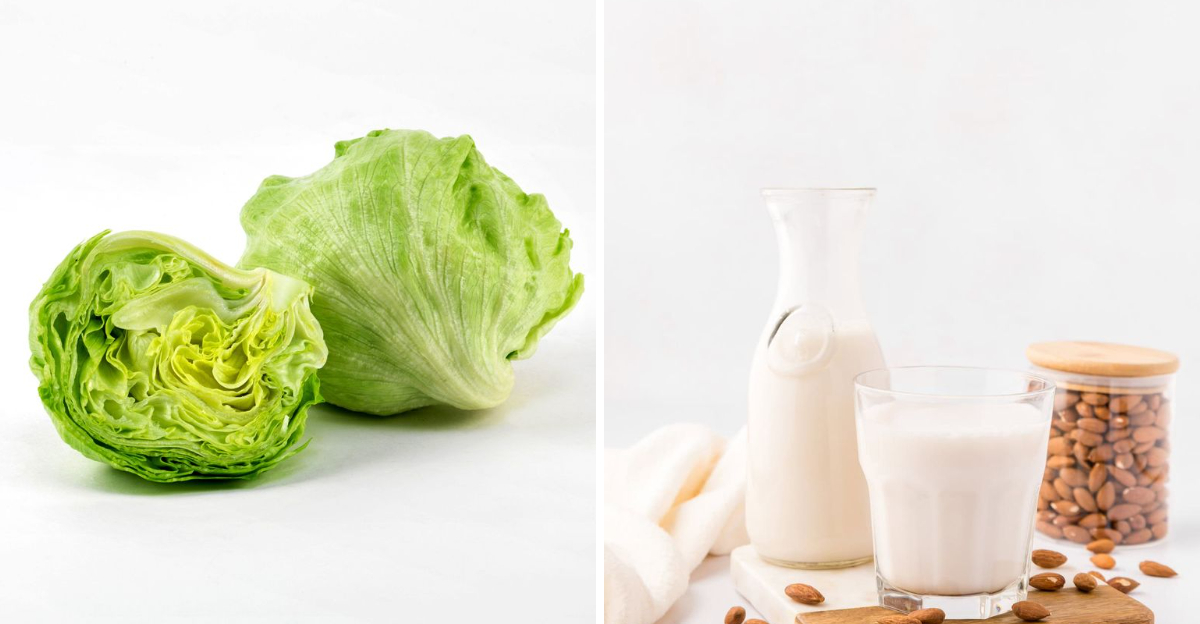
Navigating the world of vegetarian protein sources can be tricky. While some foods are celebrated for their protein content, others fall surprisingly short. This guide will help you distinguish between those that don’t quite measure up and their more powerful alternatives.
1. Iceberg Lettuce
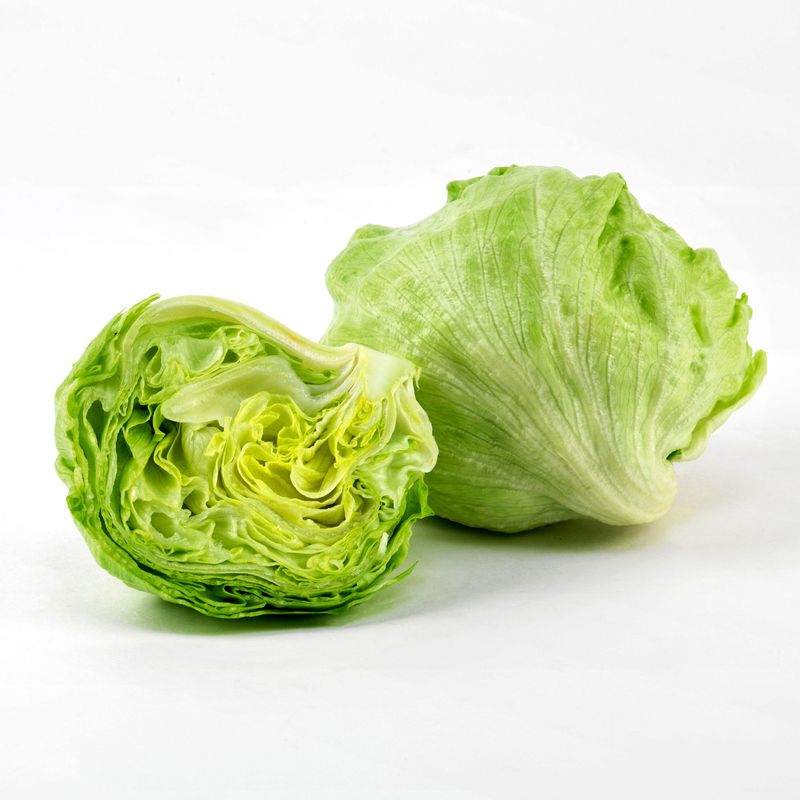
Iceberg lettuce is often a go-to for salads due to its crisp texture and refreshing taste. However, it offers less than 1g of protein per cup, making it an inadequate protein source. Its nutritional profile is quite limited, lacking significant vitamins or minerals.
Instead, consider swapping it with spinach or kale, which are leafy greens packed with more protein, iron, and antioxidants. These alternatives not only enhance the nutritional value of your dishes but also provide better flavor and texture.
2. Spinach or Kale
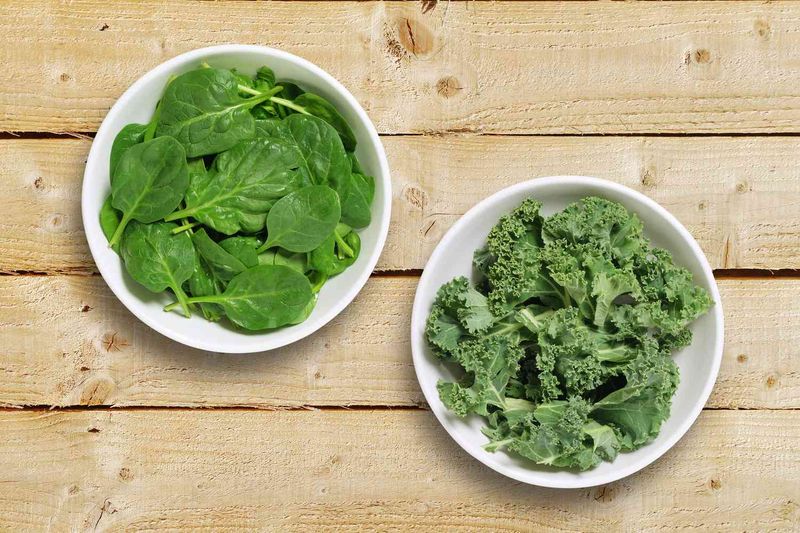
Spinach and kale are remarkable leafy greens, offering a significant protein boost compared to iceberg lettuce. With their dark green leaves, they are rich in iron, antioxidants, and fiber, making them a versatile addition to any meal.
Not only do they enhance the nutritional value of your meals, but they also add a delightful texture and taste. Use them in salads, smoothies, or as a cooked side to maximize their health benefits and enjoy their robust flavors.
3. White Rice
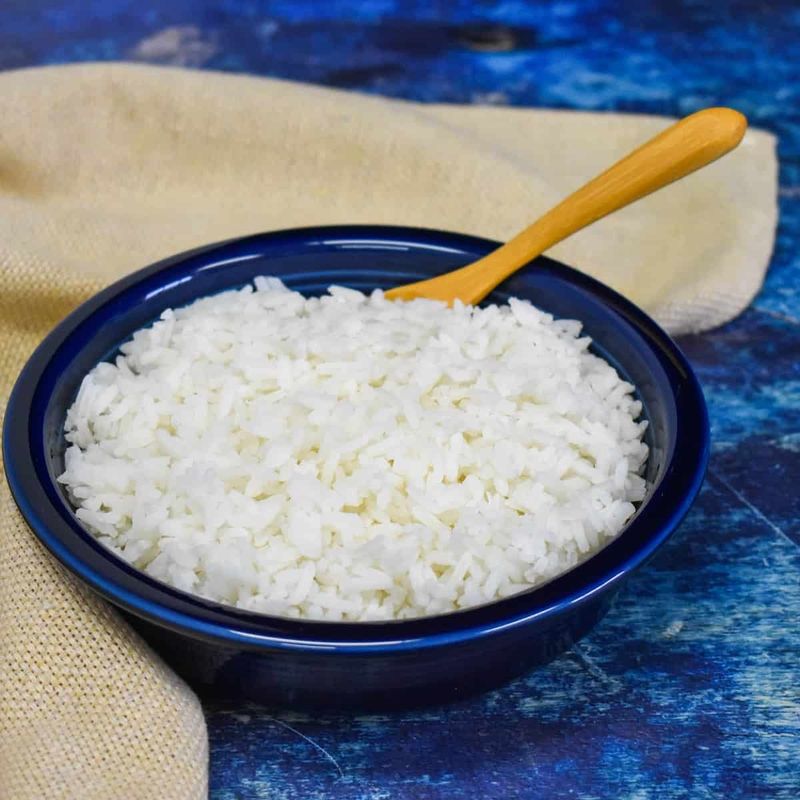
White rice is a staple in many diets, offering about 4g of protein per cup. However, it’s relatively low in fiber and other essential nutrients. Its mild taste and fluffy texture may fill you up, but it doesn’t contribute significantly to your protein intake.
Quinoa, on the other hand, is a complete protein, providing 8g per cup along with fiber, iron, and magnesium. It’s an excellent substitute that adds both nutritional value and a subtle nutty flavor to your meals.
4. Quinoa
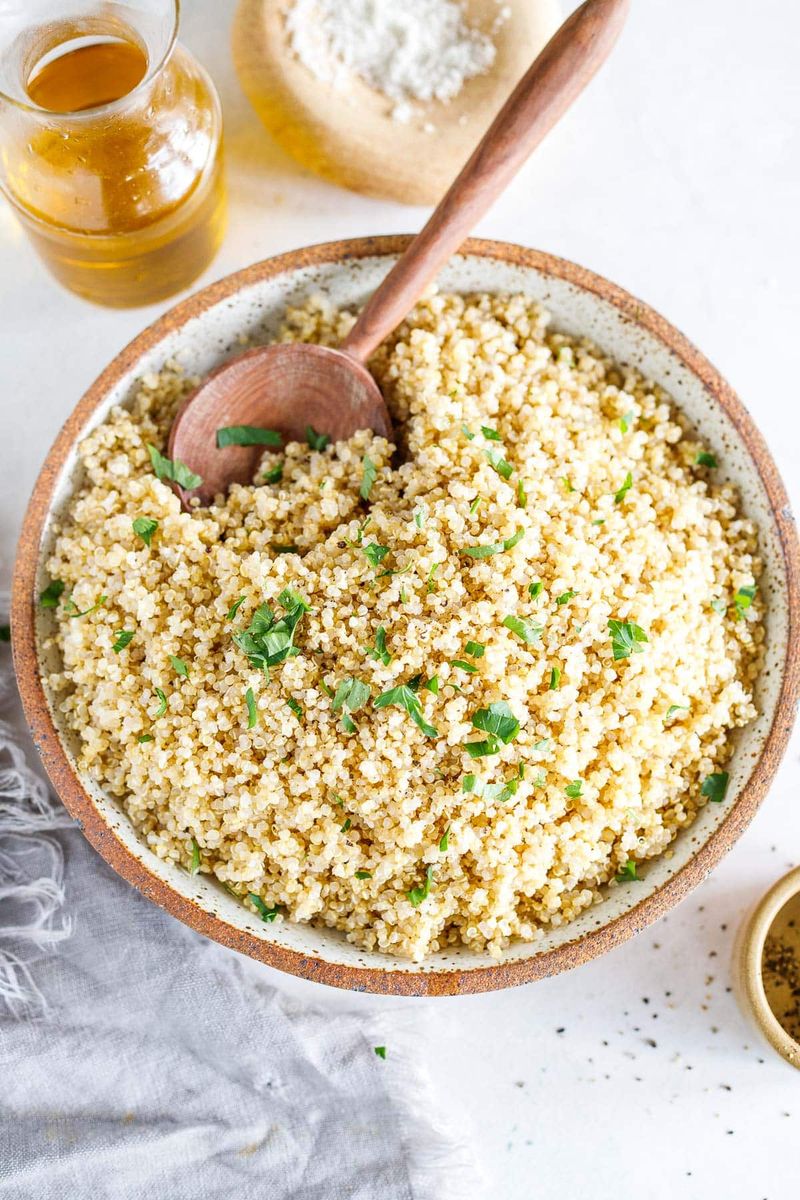
Quinoa is a powerhouse grain, celebrated for its complete protein profile. It offers 8g of protein per cup, making it a superior choice over white rice. Additionally, it’s packed with fiber, iron, and magnesium, essential for a balanced diet.
Its mildly nutty flavor and fluffy texture make it versatile in the kitchen. Whether used in salads, as a side dish, or in breakfast bowls, quinoa enhances both the nutritional content and taste of your meals.
5. Almond Milk (Unsweetened)
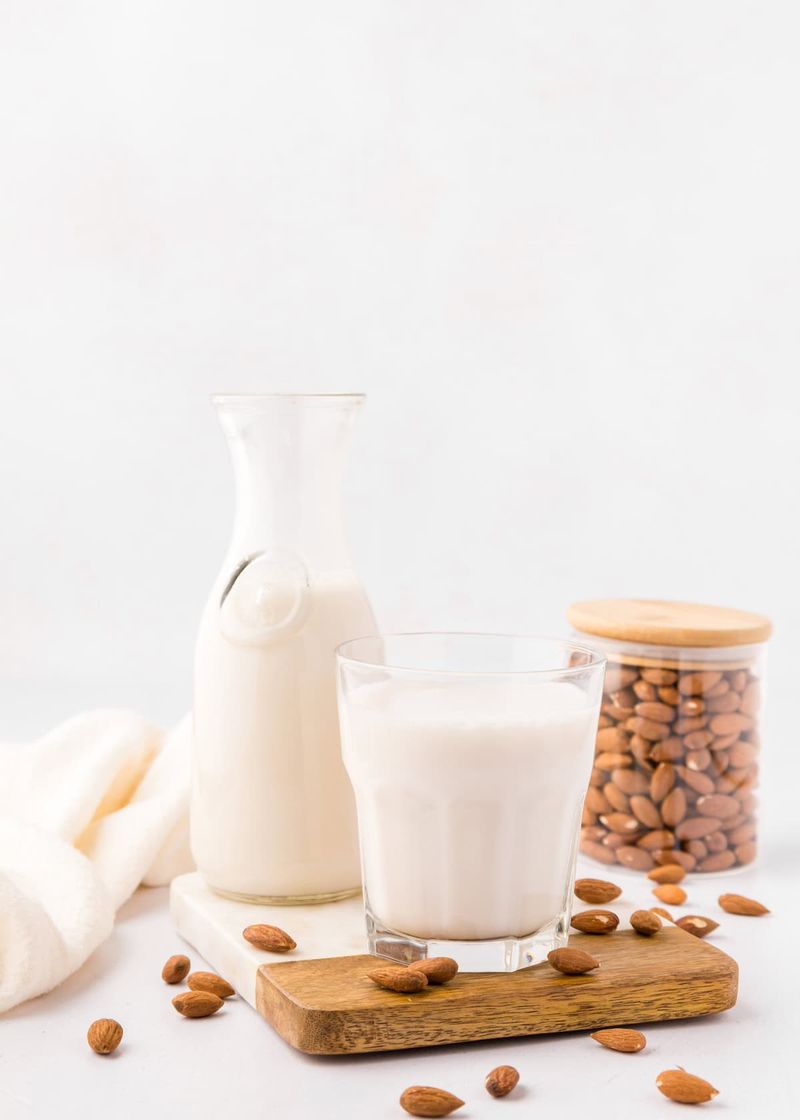
Unsweetened almond milk is a popular dairy alternative, praised for its creamy texture and nutty flavor. Yet, it contains only 1g of protein per cup unless fortified, which falls short for those seeking protein-rich options.
Instead, consider soy milk or pea protein milk, which offer 7–9g of protein per cup and are complete proteins. These alternatives provide a richer nutritional profile, making them excellent choices for smoothies, cereals, or simply on their own.
6. Soy Milk or Pea Protein Milk
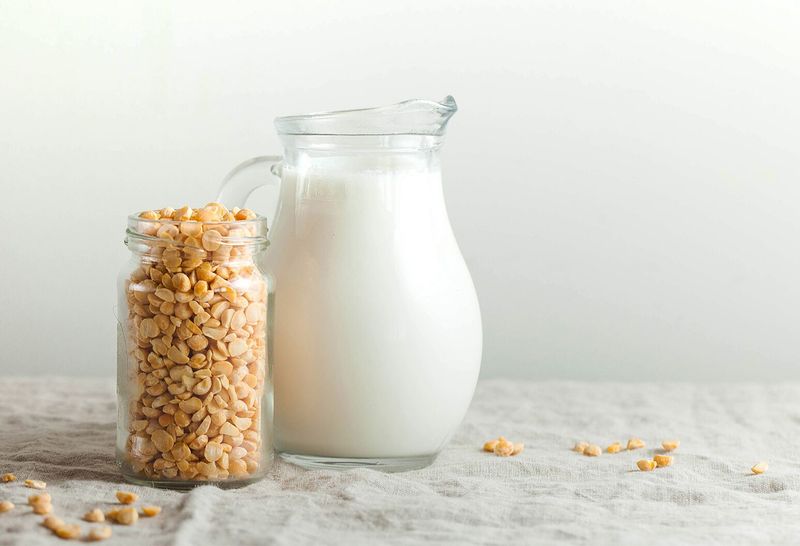
Soy milk and pea protein milk stand out among non-dairy options for their impressive protein content. With 7–9g of protein per cup, they far surpass almond milk, offering a complete protein profile.
These milks are not only nutritious but also versatile, enhancing smoothies, cereals, or coffee with their creamy texture and mild flavors. For those seeking to boost their protein intake through beverages, these options are both satisfying and beneficial.
7. Zucchini Noodles
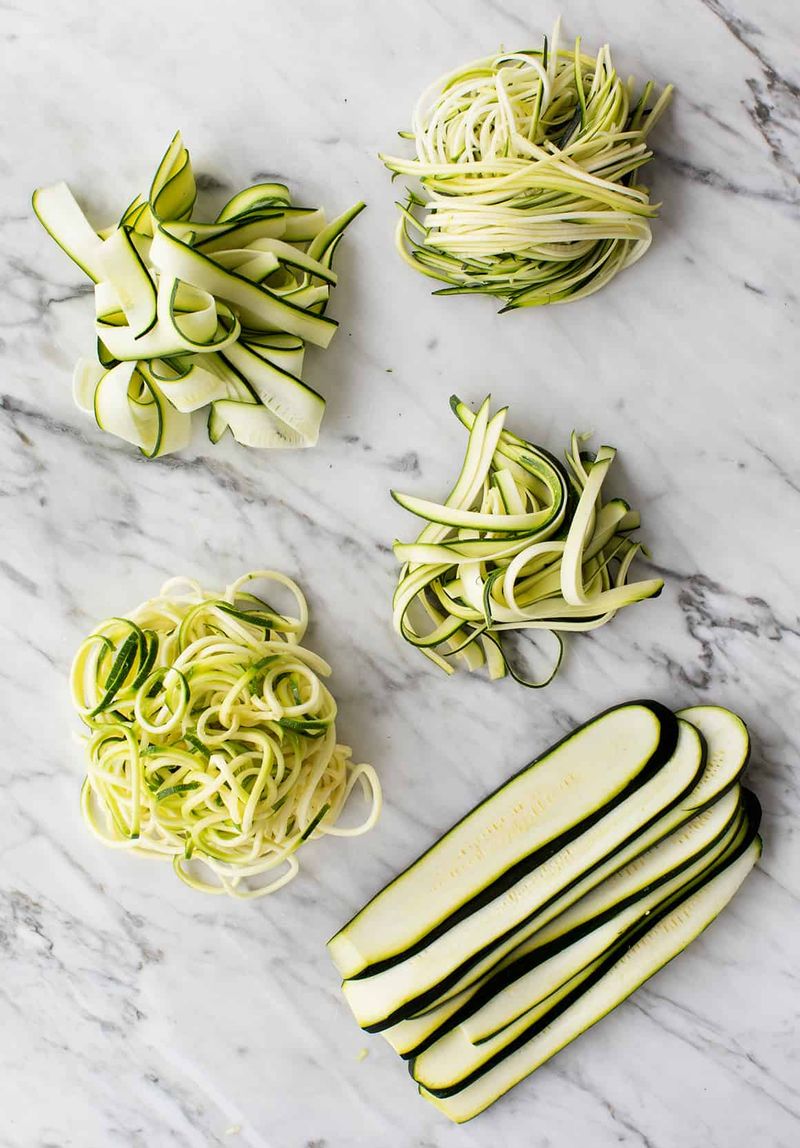
Zucchini noodles, or “zoodles,” are a trendy low-carb alternative to pasta, but they offer very little protein and are mostly water. While they are excellent for reducing calorie intake, they don’t satisfy protein needs.
For a more balanced meal, try edamame noodles or lentil pasta, which are rich in plant protein and have a satisfying texture. These alternatives not only meet protein requirements but also add a hearty element to your dishes.
8. Edamame Noodles or Lentil Pasta
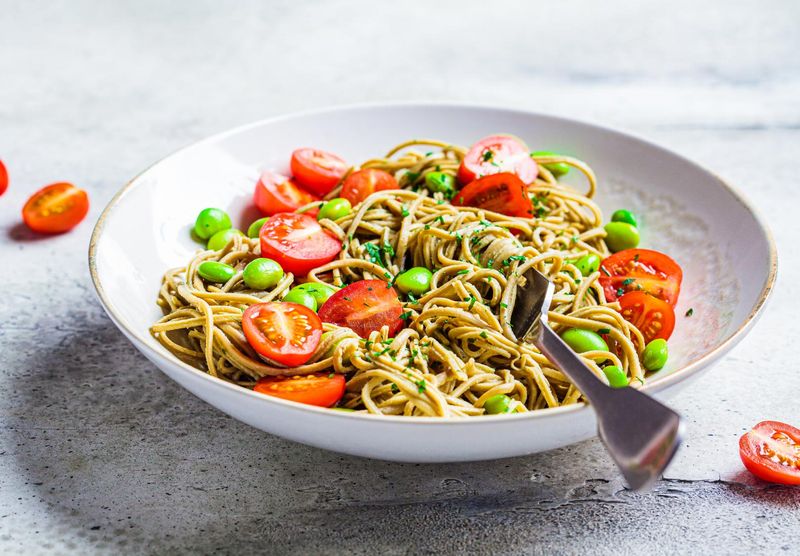
Edamame noodles and lentil pasta are fantastic alternatives to traditional pasta, boasting 15–20g of plant protein per serving. Unlike zucchini noodles, they offer a satisfying texture and significant nutritional value.
These protein-rich pastas are perfect for those seeking to maintain a balanced diet without sacrificing taste. They pair wonderfully with various sauces and veggies, making them a versatile choice for any meal.
9. Vegan Cheese (Starch/Oil-Based)
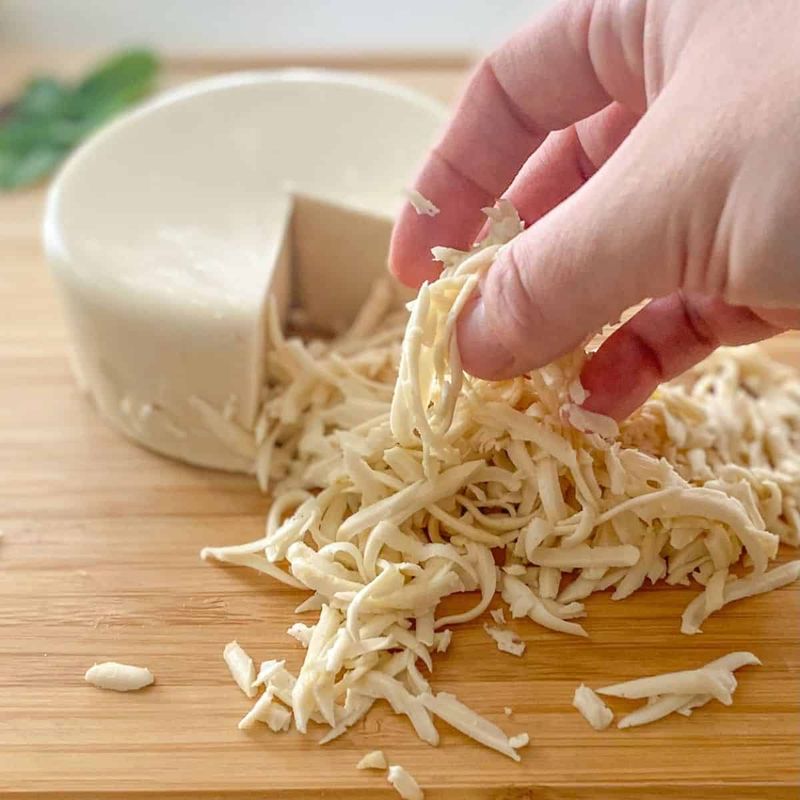
Many vegan cheeses, particularly those made from starch and oil, lack substantial protein content. While they mimic the look and taste of dairy cheese, they often provide little nutritional value.
For a protein-rich alternative, opt for tofu or tempeh-based cheese, which not only enhance the flavor but also contribute solid protein content to your meals. These options are perfect for cheese lovers looking to boost their protein intake without compromising on taste.
10. Tofu or Tempeh-Based Cheese
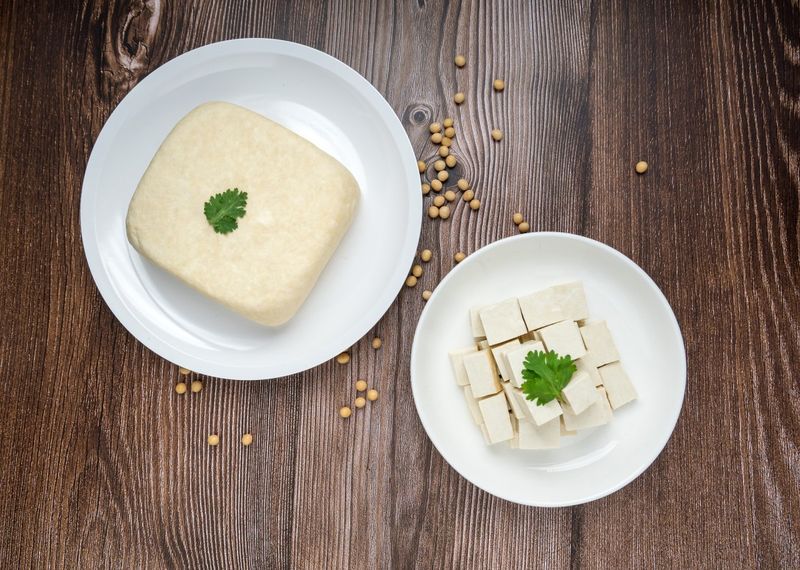
Tofu and tempeh-based cheeses redefine the vegan cheese experience with their robust flavor profiles and protein content. They offer a satisfying creaminess and are packed with nutrients, unlike their starch-based counterparts.
These cheeses are perfect for those seeking to add a nutritious and protein-rich element to their meals while enjoying the delightful taste of cheese. They blend well in sandwiches, salads, or as a standalone snack.
11. Cucumber or Celery Snacks
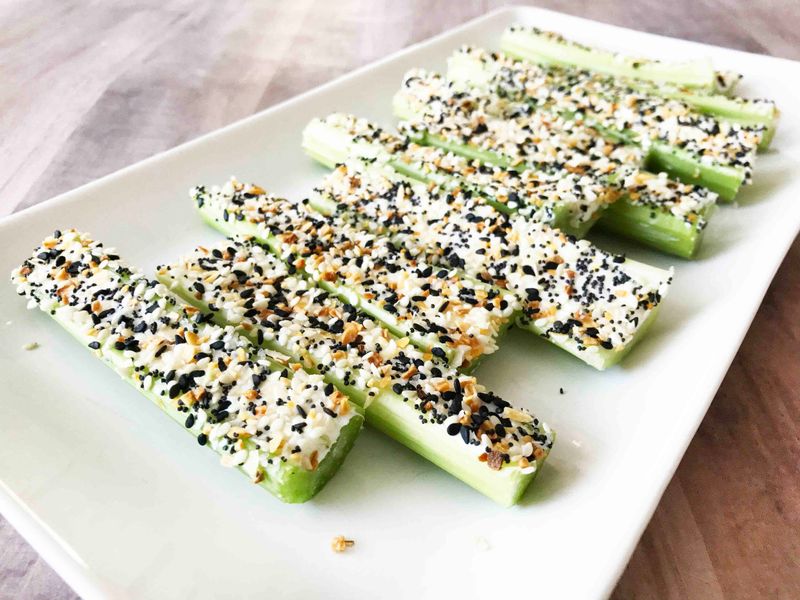
Cucumber and celery snacks are excellent for hydration and low-calorie snacking, but they offer nearly zero protein. Their crisp, refreshing taste makes them popular, but they don’t contribute to your protein intake.
For a protein-packed snack, try roasted chickpeas. They provide a satisfying crunch and are high in protein and fiber. This alternative not only fulfills snacking cravings but also supports your nutritional goals.
12. Roasted Chickpeas
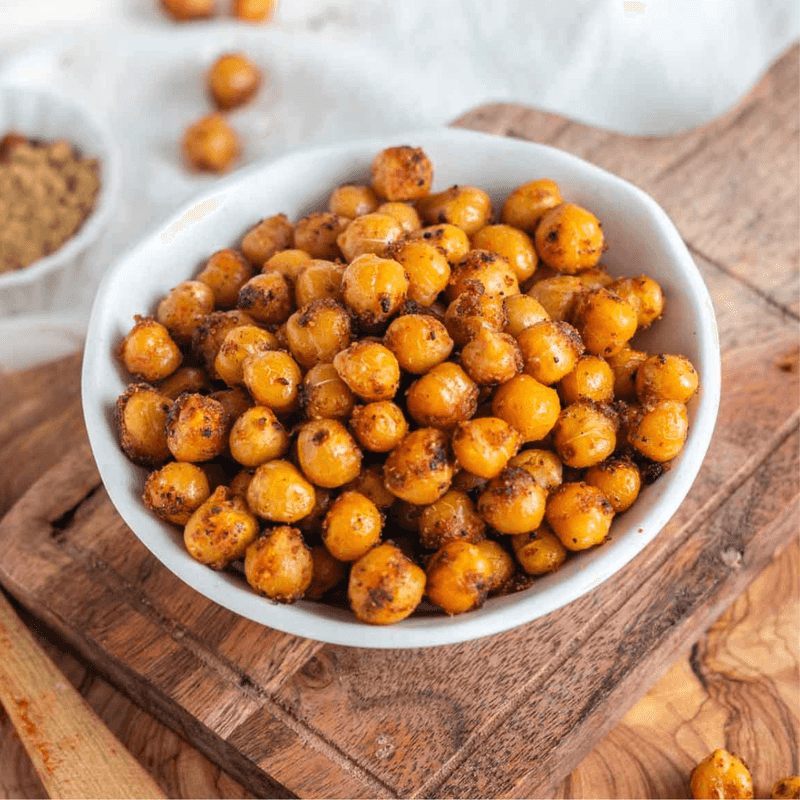
Roasted chickpeas are a snack game-changer, offering 6g of protein and a good amount of fiber per ¼ cup. Their crunchy texture and savory flavor make them a delightful snack or salad topping.
These legumes are not only nutritious but also versatile, allowing for various seasonings to suit your taste. As a high-protein alternative to cucumber or celery, roasted chickpeas are perfect for those looking to boost their snack game.
13. Fruit-Only Smoothies
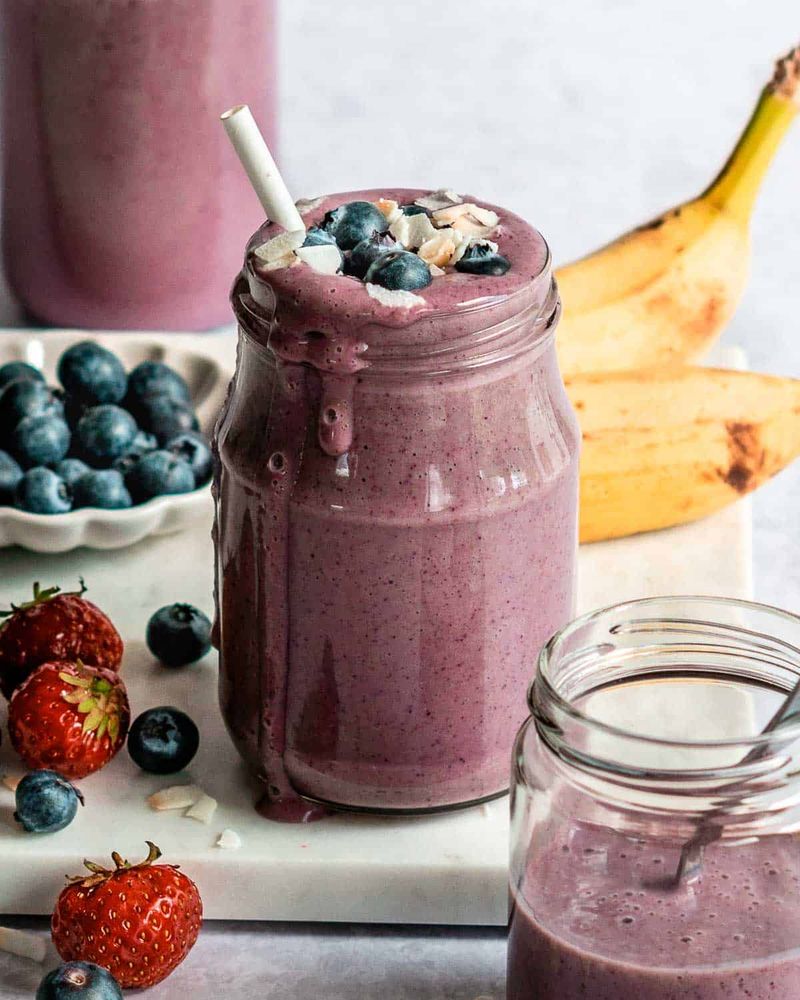
Fruit-only smoothies are vibrant and packed with vitamins, but they often lack the protein needed to keep you full. High in sugar and fiber, they may be refreshing, but they don’t satisfy protein requirements.
To enhance your smoothie, add Greek yogurt or plant protein powder. These additions provide creaminess and 15–20g of protein per serving, transforming your smoothie into a more balanced meal or snack.
14. Smoothies with Greek Yogurt or Plant Protein Powder
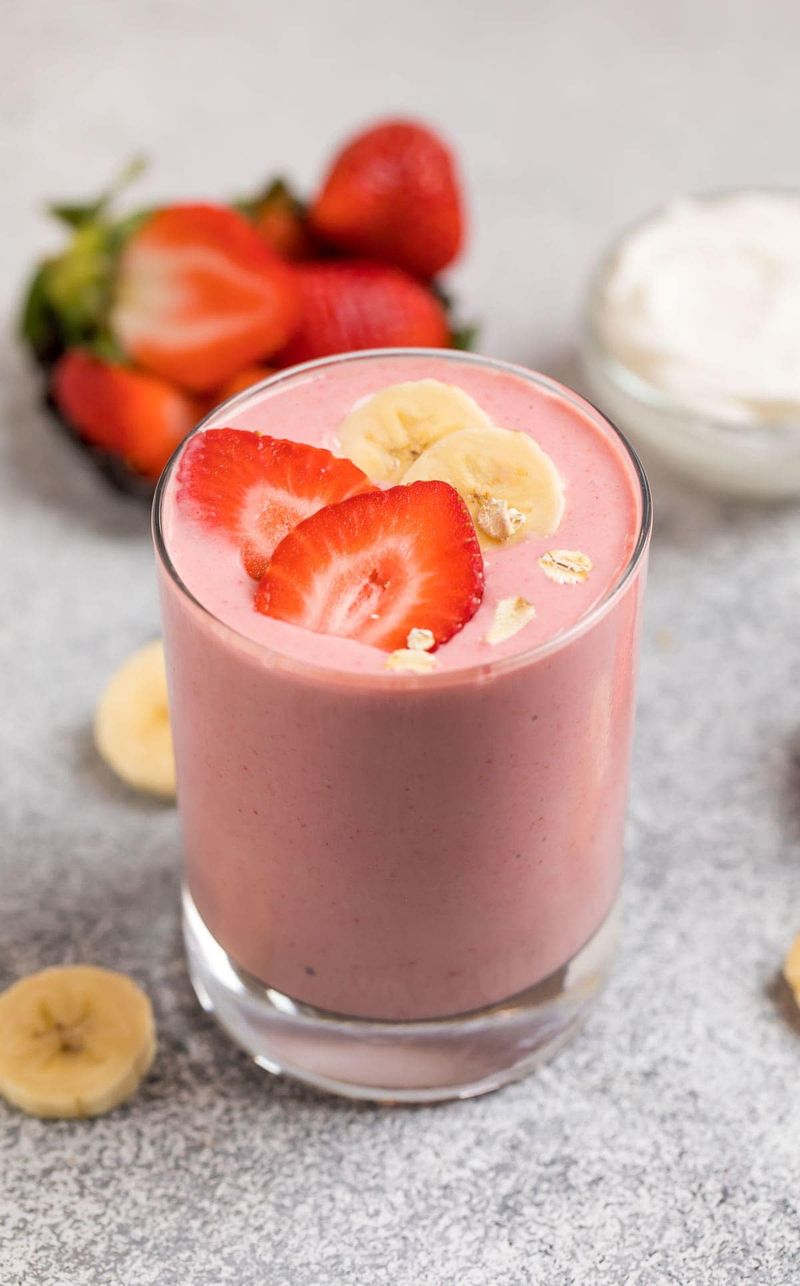
Greek yogurt and plant protein powder can revolutionize your smoothie game, offering a rich, creamy texture with a substantial protein boost. Adding these to your smoothie ensures 15–20g of protein per serving.
This combination not only keeps you fuller for longer but also supports muscle health and recovery. It’s an ideal solution for a balanced, nutritious snack or meal replacement, enhancing both flavor and texture.
15. French Fries
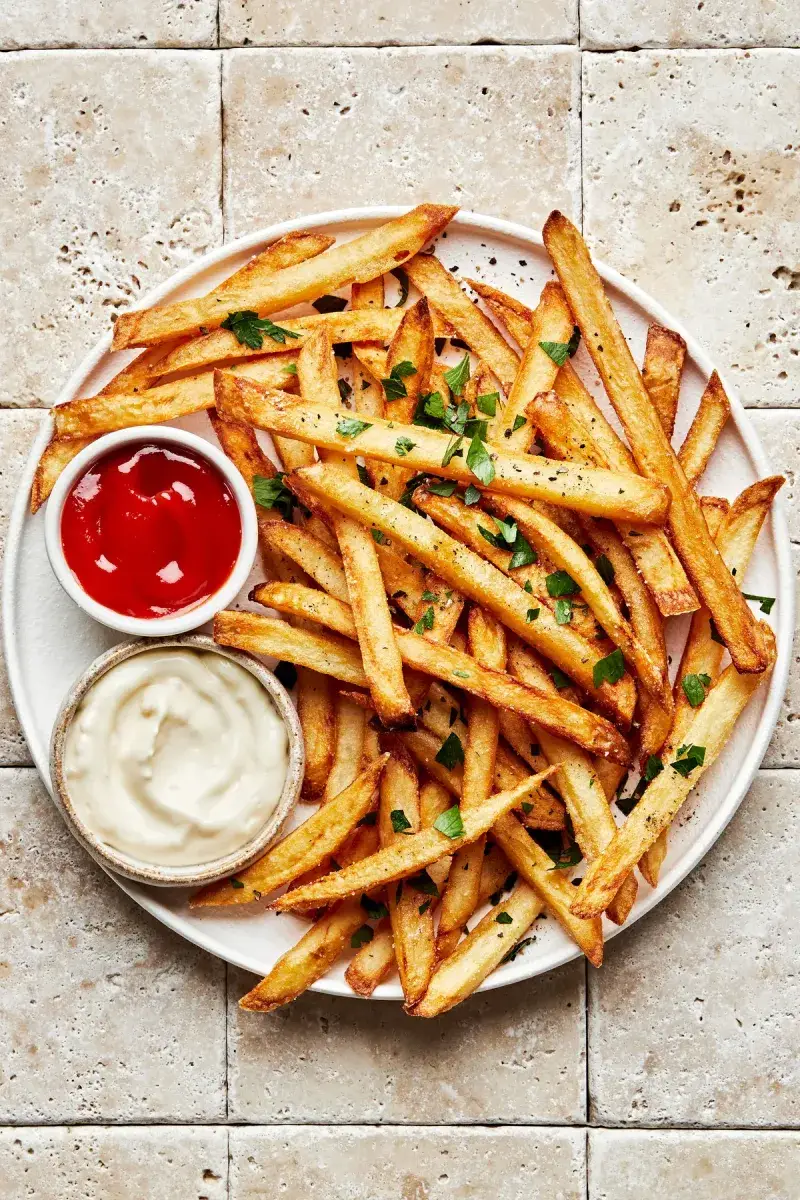
French fries are a beloved snack, offering a delightful crunch and indulgent taste. However, they provide minimal protein and significant fat content, making them a less nutritious choice.
For a healthier alternative, try baked tofu nuggets, which offer 10–15g of protein per serving. These nuggets not only satisfy cravings for something crispy and savory but also contribute to a balanced diet.
16. Baked Tofu Nuggets
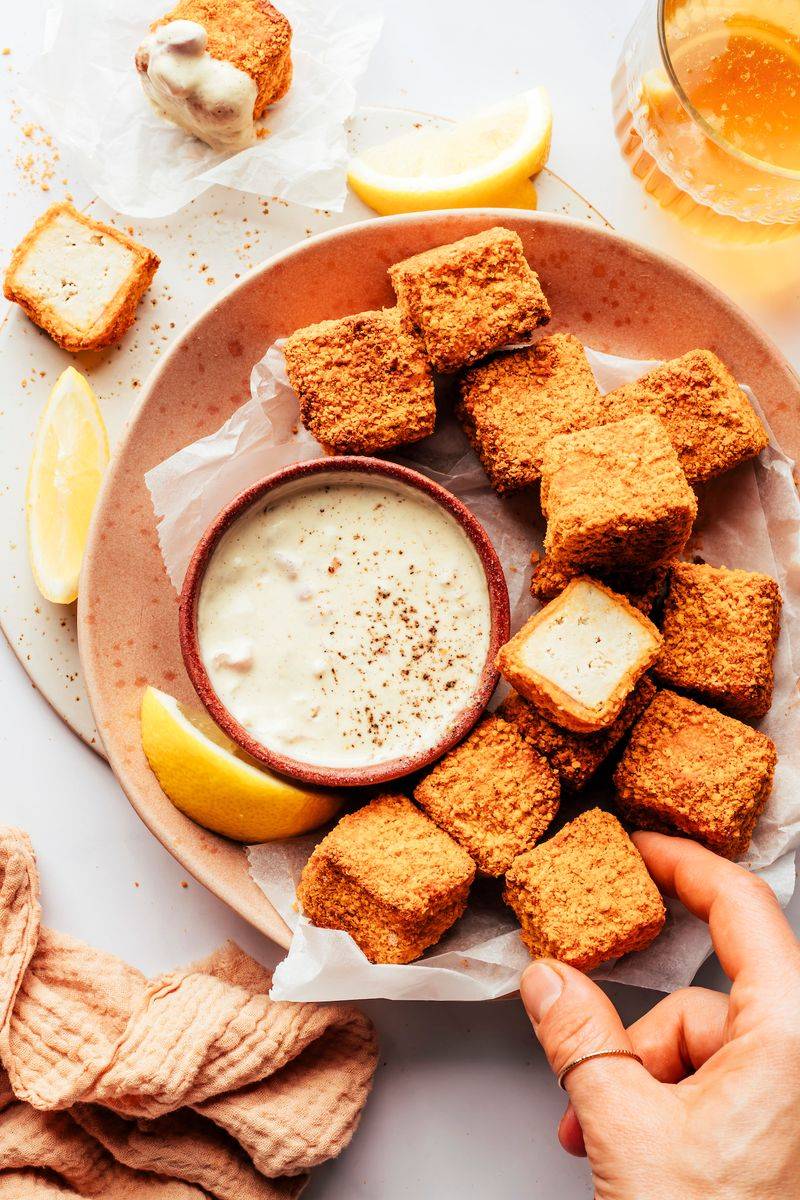
Baked tofu nuggets are a deliciously healthy alternative to traditional fried snacks. With 10–15g of protein per serving, they offer substantial nutritional benefits while satisfying your cravings for something crispy.
These nuggets are versatile and can be seasoned to suit any taste, making them suitable for both meals and snacks. They provide a satisfying texture and flavor, perfect for anyone looking to add protein to their diet without compromising taste.
17. Instant Oatmeal Packets (Flavored)
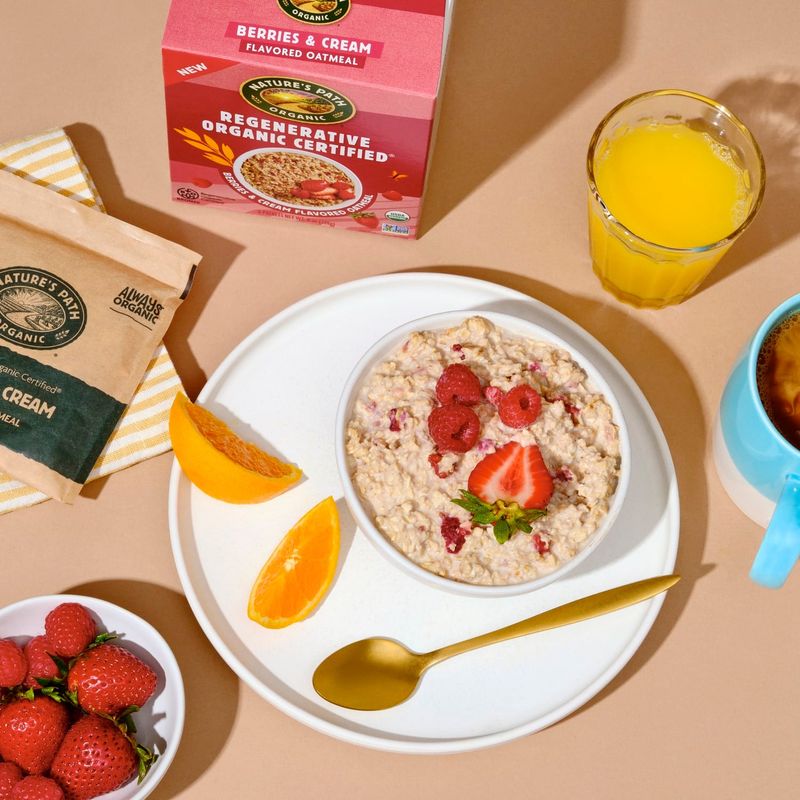
Flavored instant oatmeal packets are convenient and tasty, but they typically offer low protein and are loaded with added sugars. While they make for a quick breakfast, they may not keep you full for long.
Opt for steel-cut oats with hemp seeds and nut butter instead. This combination provides fiber and 12–15g of protein per bowl, delivering a more balanced start to your day.
18. Steel-Cut Oats with Hemp Seeds and Nut Butter
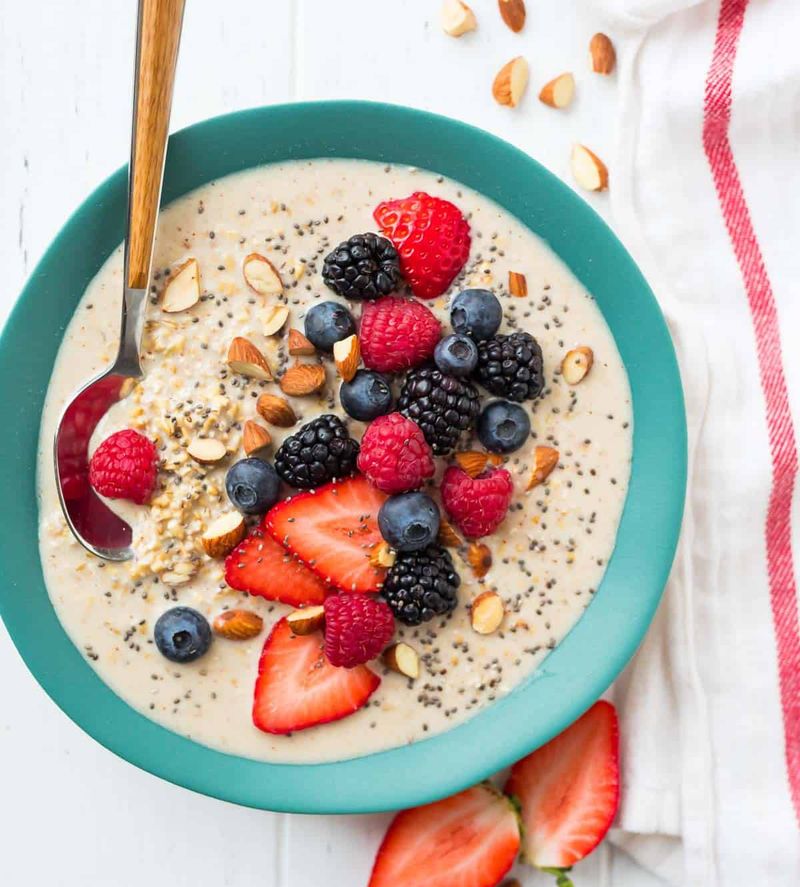
Steel-cut oats offer a hearty and nutritious breakfast option, especially when topped with hemp seeds and nut butter. This combination provides 12–15g of protein per bowl, ensuring you start your day with a balanced meal.
The creamy texture and nutty flavors enhance the oats, making them both satisfying and delicious. It’s a perfect way to boost your morning routine with essential nutrients and sustained energy.
19. Plain White Bread
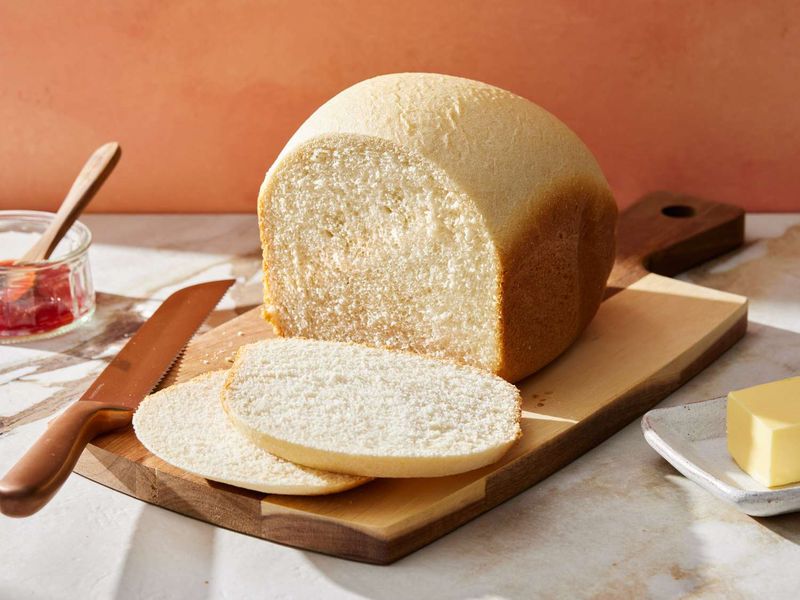
Plain white bread is a common staple, known for its soft texture and versatility. However, it consists of refined grains with low protein and minimal fiber, offering little nutritional benefit.
Switching to sprouted grain or high-protein bread can significantly improve your diet. Brands like Ezekiel provide 5–7g of protein per slice, enhancing both the nutritional content and flavor of your meals.
20. Sprouted Grain or High-Protein Bread
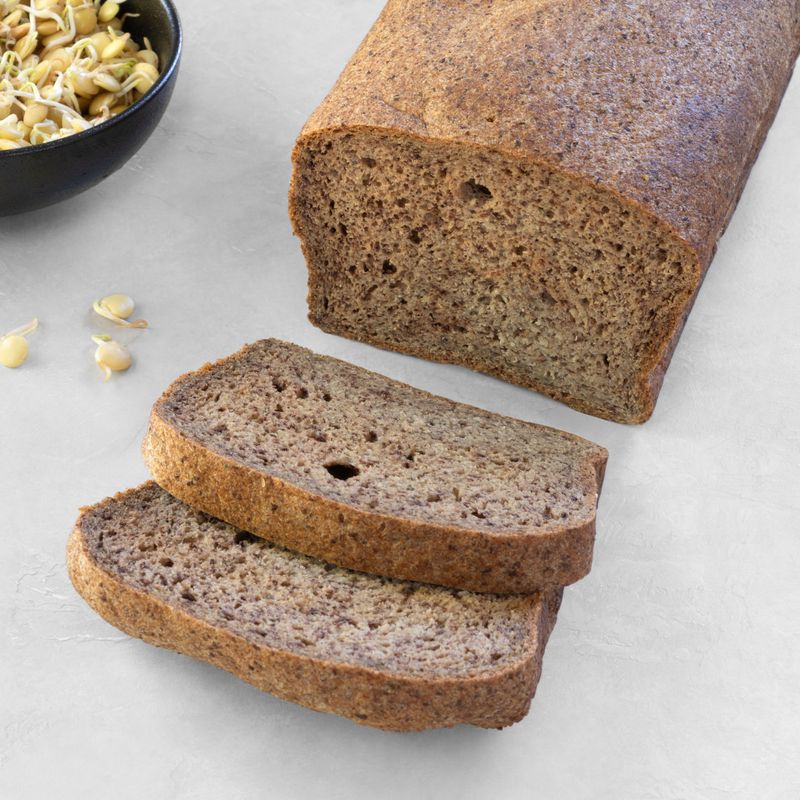
Sprouted grain and high-protein breads, such as those by Ezekiel, offer a substantial upgrade from plain white bread. With 5–7g of protein per slice, these breads contribute to a more balanced diet.
Their nutty flavor and dense texture make them a delicious choice for sandwiches or toast. Incorporating these breads into your meals can enhance both taste and nutritional value, supporting a healthier lifestyle.
